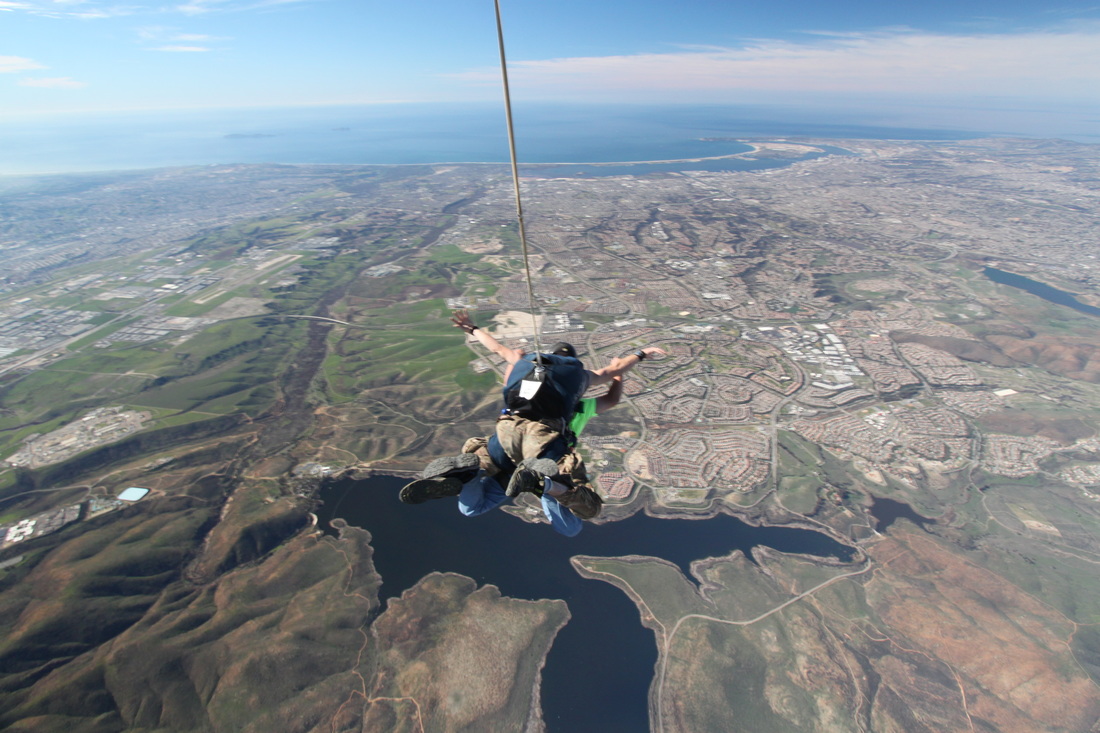Bozeman, Montana - April 5, 2063
Three lines of blue lights appear among the stars, which began to grow larger as the ship lowered towards the Earth. Lower and lower it got, its light now reflecting off of the ground, illuminating the little people nearby, who had gathered to see what was landing.
As it got lower, the ship's features began to emerge. It was red, with blue lights representing three sections. It was also enormous, about the size of the building nearby. Yet, as large and intimidating as it looked, it landed so quiet and gracefully that it hardly made a sound as the legs of the ship met the dirt.
Nobody outside moved, with the exception of some nervous glances. One can imagine the uncertainty felt among the gathered group of people. Seconds later, a small section of the ship slid open and a ramp automatically deployed.There was a yellow light, and after a slight pause, a hooded figure e. Still, nobody reacted.
The hooded man stood at the entrance of his ship for a long pause, possibly to assess the safety of the situation. A thin man in the crowd finally broke the silence, quietly saying , "My god, they're really from another world", before emerging from the crowd and slowly walking toward the mystery guest. Upon seeing this, the hooded man then began slowly descending the ramp. Another hooded figure appeared behind him and stood by.
The two species met face to face. The Alien was dressed in what looked grey and dark green ceremonial robes. He was tall and skinny with funny looking eyebrows, but was otherwise indistinguishable from any other human... at least at first glance. Out of the hundred-thousand things that probably went through the human leader’s mind, one of those thoughts must have been “My God, they look just like us”.
The hooded visitor then looked expressionlessly at the human leader and removed his hood to reveal large, pointy ears. He then raised his right hand and with his fingers, made a ‘V’, with the thumb sticking straight out. Then he spoke… in English.
“Live long and prosper.”
The human, still dumbfounded, raised his hand to return the gesture, but had trouble making the hand signal. A little embarrassed, he chuckled and decided to extend his hand instead and the alien extended his. They shook hands, a peaceful gesture. Seemingly relieved, the human then says to his new friend, “Thanks”.

 RSS Feed
RSS Feed